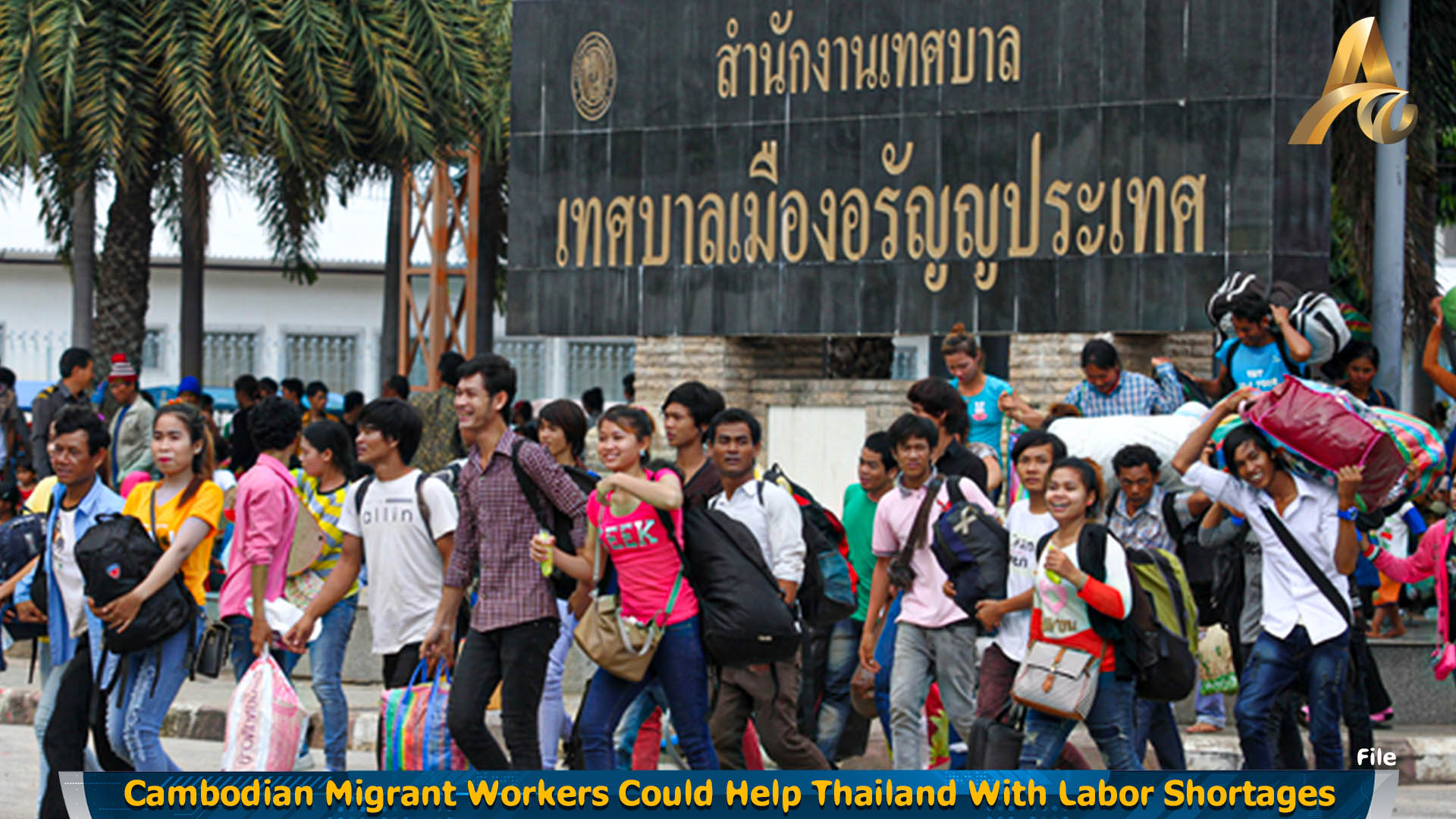INTERNATIONAL: The Federation of Thai Industries, a private organization that works to promote Thailand’s economic development, has stated that Thailand is in urgent need of 800,000 migrant workers to fill gaps in the manufacturing, tourism and service sectors, which are facing major labor shortages.
The demand for more workers continues to increase as Thailand’s economy recovers from the Covid-19 pandemic, urging many companies to register with the government to import workers from Myanmar, Laos and Cambodia.
The Vice-Chairman of FTI, Kriengkrai Thiennukul, has stated, "The industrial sector needs the most migrant workers, with demand now soaring to 500,000.” Additionally, entrepreneurs in tourism and related services have expressed their demand for some 300,000 workers.
Vice-Chairman Kriengkria added, "The business sector wants the government to speed up the process of importing migrant workers”. As a result, authorities have begun signing memorandums of understanding with neighboring countries to form a solution to the ongoing labor crisis.
Over the course of the pandemic, fluctuating lockdown measures have caused thousands of migrant workers to return to their home countries from Thailand due to business closures and suspensions that led many to lose their jobs. This worsened a labor shortage that had already began before the pandemic hit Thailand.
Despite this urgent need for foreign migrant workers, there is also growing concern about the possibility of new Covid-19 outbreaks from the illegal entry of migrants, especially from Myanmar where many are fleeing political unrest.
As a potential solution, the FTI had previously suggested to the Thai government a potential factory sandbox scheme near the country’s borders, which would include measures such as keeping workers under quarantine, ensuring their vaccination and arranging for direct trips from borders to the factories where they have been employed with minimal external interaction.
The FTI have stated it believes this factory sandbox method could help authorities prevent new clusters of infection developing and also reduce the incidence of illegal entry and human trafficking.






















